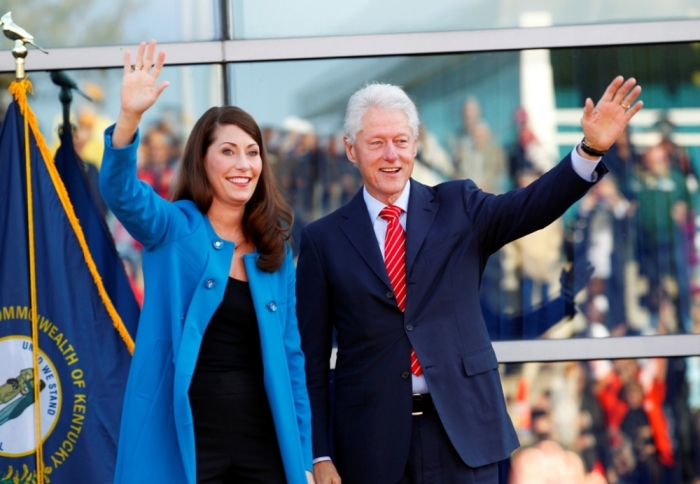Election Analysis: 3 Reasons Democrats Could Do Better Than Most Expect

Most pundits and pollsters expect the Republican Party to do well in Tuesday's midterm elections. The Democratic Party may outperform expectations, however, for these three reasons.
1. Democrats raised and spent a lot of money, and spent it well.
In overall campaign spending, Republicans have done better than Democrats. Democrats, however, have kept the spending race close. Plus, the Republican advantage is mostly in House races, where the outcome is more certain, than in the races that will determine which party controls the Senate. And, Democratic candidates in several tight races have spent their campaign funds more wisely than their Republican challengers.
Republicans do have a sizable advantage in House races. Republican House candidates have outspent Democratic House candidates by about $98 million ($444 million to $346 million), according to OpenSecrets.org. But, since Democrats have little chance of taking control of the House, the Senate races are where most of the action lies.
There are a significant number of tight Senate races that will determine control of the next Senate. In those races, Republican Senate candidates have outspent Democratic Senate candidates by only about $15 million ($263 million to $248 million). Plus, Democrats have a spending advantage with advocacy groups. Liberal advocacy groups have outspent outside conservative advocacy groups by $41 million ($66 million to $25 million) in federal races.
Additionally, spending is only one measure of a successful campaign. How that money is spent is another.
In many of the key Senate races, the Democratic candidate prudently bought much of the available ad time early. This strategy had several advantages: It means they were able to run more ads than their challengers, they bought the ads when it was cheaper, and it drove up the prices for the ads that Republicans eventually bought.
An Oct. 9 Slate article pointed out, for instance, that Democratic candidates and liberal groups aired more TV ads than their opponents in seven of the nine most competitive Senate races.
2. Democrats still have the sophisticated turnout operation that helped Obama win in 2012.
Democrats built a sophisticated voter turnout operation to help President Barack Obama beat Republican candidate Mitt Romney in 2012. That operation involves a mixed use of large amounts of data with new Internet technologies and active volunteers.
Republicans have generally done better in midterm elections because they get most of their support from demographic groups that vote at higher rates in midterms — voters that are older, white and have higher levels of income.
For Democrats to do well, they must get non-whites, the younger and those with lower levels of income to vote at higher rates than they normally do in midterm elections. If they are able to do that, many of the polls that are based upon "likely voters" could be off by several percentage points.
The Democrat's voter turnout operation already appears to be showing some results in Colorado, Georgia, Iowa and North Carolina. As Nate Cohn pointed out for The New York Times, over 20 percent of the early voters so far in those states did not vote in the 2010 midterm elections.
3. The demographic shift that is expected to hurt Republicans in the future may already be here.
The Republican Party has some significant demographic challenges it must overcome to remain competitive at the national level. Since the country's becoming increasingly racially and ethnically diverse, Republicans will need to do a better job at reaching out to non-whites.
Some Republican strategists have argued that the Party does not need to do that yet. In the short term, they argue, they can win elections by mobilizing more white voters. (An Aug. 1 Christian Post analysis pointed out why that strategy would be a disaster.)
It could be, however, (and this dovetails with reason #2) that the demographic shift that Republicans are dreading is already here. They would know this is the case if non-whites turnout in high numbers and prevent the big Republican wave that the pundits and pollsters are expecting on Tuesday. After all, if Republicans cannot win in 2014, when can they?




























